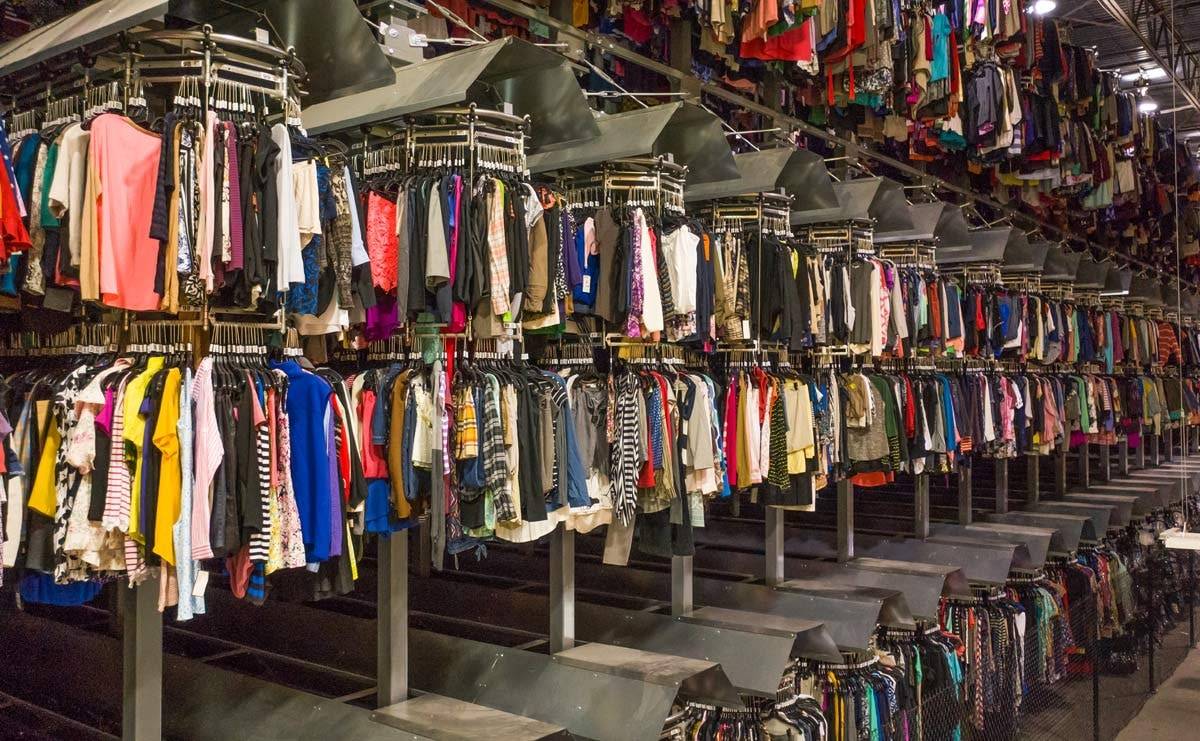Studies reveal big Australian brands are pressuring factories and keeping workers in a poverty cycle. And you too could be supporting unethical consumerism.

Unethical stores are forcing Australian consumers to reflect on their shopping habits. Research by Oxfam shows that big Australian fashion brands are thriving off the inequality of factory workers. This means that the same workers trapped in a poverty wage are those making the clothes hanging in your wardrobe.
In late November 2020, Oxfam released, Shopping for a Bargain. The report exposes how poor purchasing habits is damaging the livelihood of factory workers. Such habits listed by Oxfam included price negotiation, short lead times, last-minute changes, and inaccurate forecasting of orders.
Lyn Morgain, Oxfam Australia Chief Executive, claimed that the pressure on factories was a result of the unfair purchasing practices of larger companies. The poor working conditions resulted in unacceptably low wages.
“It found that these poor purchasing practices of brands are making it impossible for factories to increase wages, despite many of the same brands making public commitments to ensure the payment of living wages. Instead, wages are trapping workers – mainly women – and their families in a cycle of poverty,” said Ms Morgain.
The study looked into ten of Australia’s leading fashion retailers that source their clothing from Bangladesh. The stores included Big W, Cotton On, H&M Group, Kmart, Myer and many other brands seen across the country. Research undertaken included more than 150 surveys and 22 in-depth interviews. The results showed signs of a poor work space, only proving why consumers should shop locally.
Making an Impact

Results showed that eight out of ten surveys claimed that brands often apply high-pressure negotiating strategies. Which involved manipulative speech and a “take it or leave it” mentality. Whereas seven out of ten surveys showed that sleep production targets were set for orders that ran over time. This forces employees to work excessive overtime.
According to Lyn Morgain, over the past three years, twelve major retailers have responded to Oxfam’s goal to lower poverty levels. The public comments made by the companies stated that they would pay a living wage to workers. This income will cover essentials including food, housing, healthcare and more. These companies are striving to build a reliable work space, which is an enormous step in the right direction.
Fashion is a constantly growing market. With media bringing attention to the unethical habits of big Australian fashion brands, consumers are taking a look at their own buying habits. When the coronavirus reached its peak, it left thousands of garment workers without a job. This only worsened their risk of poverty. So when consumers you start your next shopping spree, try to make a positive impact and shop ethically.
Subscribe to FIB’s Weekly Alchemy Report for your weekly dose of music, fashion and pop culture news!






